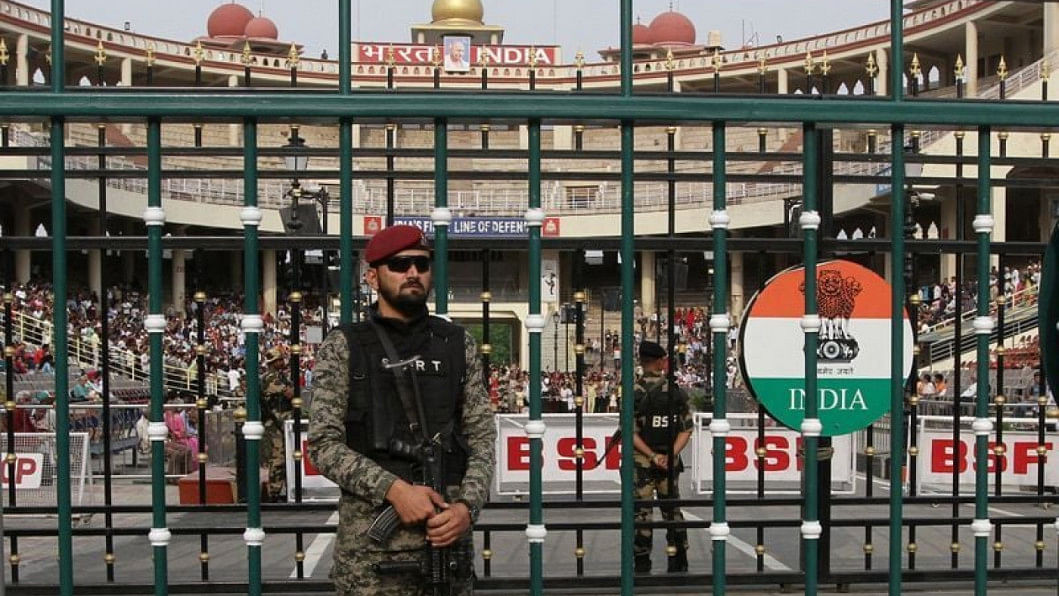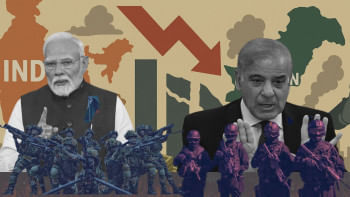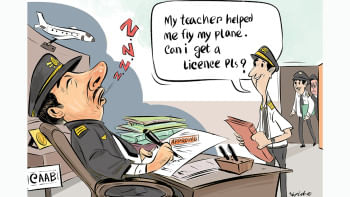War propaganda and the India-Pakistan conflict

"In war, truth is the first casualty," a timeless adage often attributed to figures ranging from the ancient Greek poet Aeschylus to modern politicians, reflects a grim fact of conflict: honest knowledge and openness are among the first sacrifices. Not by troops, but through misinformation and propaganda, the informational battlespace is usually where the first decisive triumphs are gained, even as the physical battlefield suffers the tragic loss of life and limb. These forces often control the narrative and become the primary, albeit unseen, victors in the early stages of war.
The search for truth during conflict is often replaced by the need to unify a nation and rally support for the war effort, which may involve the concealment or distortion of facts. War demands a cohesive front and a compelling narrative. Misleading information and propaganda become potent tools to boost morale, justify actions, and foster an "us vs them" mentality, even when they compromise the truth. Historically, military leaders and governments have actively used propaganda to influence public opinion across various wars.
Governments and military forces use wartime propaganda to shape public sentiment and generate support. This includes emphasising national interests, liberty, and framing the fight as just. They underline the enemy's threat and portray the conflict as necessary for national or allied protection. By depicting troops as heroic and selfless, propaganda promotes pride and patriotism, often by highlighting sacrifices, military strength, and achievements. A key tactic is to demonise the enemy, portraying them as cruel, ignorant, or dangerous—to promote hatred and rationalise war. This may include exaggerating crimes, spreading false objectives, and using derogatory rhetoric.
Today, these methods span newspapers, radio, TV, and especially social media, through visuals, persuasive language, and slogans. British history offers examples: WWI portrayed as a noble adventure, and WWII propaganda aimed at denigrating the enemy and promoting unity. In modern conflicts, propaganda remains powerful, often spreading misleading content via digital platforms.
Similarly, India's recent strikes in Pakistan and Pakistan-administered Kashmir triggered another different kind of conflict: an information war. Competing claims rapidly circulated on social media as the two nuclear-armed neighbours edged towards full-scale war, with each side seeking to shape opinion in its favour.
This soon became a mire of conflicting stories, obstructing efforts to verify truth. While international and social media have made information control more difficult, local media in both countries often follow government-favoured narratives, allowing authorities to shape public opinion and rally support.
In this context, politicians on both sides benefit. Leveraging state media control and disseminating emotionally charged—and at times false—content online, they can maintain public backing. The vagueness of truth lets them promote preferred versions of the narrative and tighten information control under the guise of national security. Collective narratives, often built on distortions, can override individual critical thinking and moral reasoning, making conflict easier to justify. As such, those who control the story wield immense power.
Closely tied to propaganda is the military strategy of victory through deception—misleading the public while deceiving the enemy. This includes conflicting claims about military operations, how many planes were downed, who owned them, targets struck, casualties, etc. Each side tries to shape perceptions of victory or failure. Churchill's quote, "In wartime, truth is so precious that she should always be attended by a bodyguard of lies," sums up this mindset; that lying is not only allowed but necessary to protect national security or morale.
How should people respond to this deluge of conflicting claims, recycled videos, and blatant falsehoods? First, by recognising that an information war is being waged. Official statements and emotionally charged content on social media should be met with scepticism. The truth is often deliberately obscured, and old or unrelated footage is frequently presented as new. One must think critically about sources and motives. Is it an official body pushing its narrative? Or an anonymous account with a biased agenda?
Support fact-checking efforts aimed at debunking conflict-related misinformation. When content claims to show current events, pause to verify authenticity. Reverse image searches or reliable fact-checking sites can reveal whether it's outdated or misrepresented. Avoid sharing unverified or emotionally manipulative content, it fuels the information war and empowers those seeking to incite hatred.
In a digital world where algorithms reward engagement over accuracy, personal responsibility becomes vital. Upholding a commitment to fact-checking and resisting the temptation to blindly share nationalistic content is essential. Belief in factual accuracy and opposition to manipulation may, even modestly, help de-escalate tension and promote understanding. As the saying goes, "If everyone fought for their convictions, there would be no war."
In the India-Pakistan context, the information war worsens already strained ties by entrenching polarised narratives and making de-escalation harder. If reason is to prevail, the public must engage as critical consumers of information. A discerning mind is the most powerful weapon in an information war. We must identify deception, question narratives, seek verification, and remain vigilant. To limit the damage caused by falsehood and keep knowledge and reason at the forefront, truth, or at least the determined search for it among the "bodyguard of lies," must come first.
Dr Rezwan-Ul-Alam is associate professor of Media, Communication, and Journalism at North South University.
Views expressed in this article are the author's own.
Follow The Daily Star Opinion on Facebook for the latest opinions, commentaries and analyses by experts and professionals. To contribute your article or letter to The Daily Star Opinion, see our guidelines for submission.


 For all latest news, follow The Daily Star's Google News channel.
For all latest news, follow The Daily Star's Google News channel. 






Comments